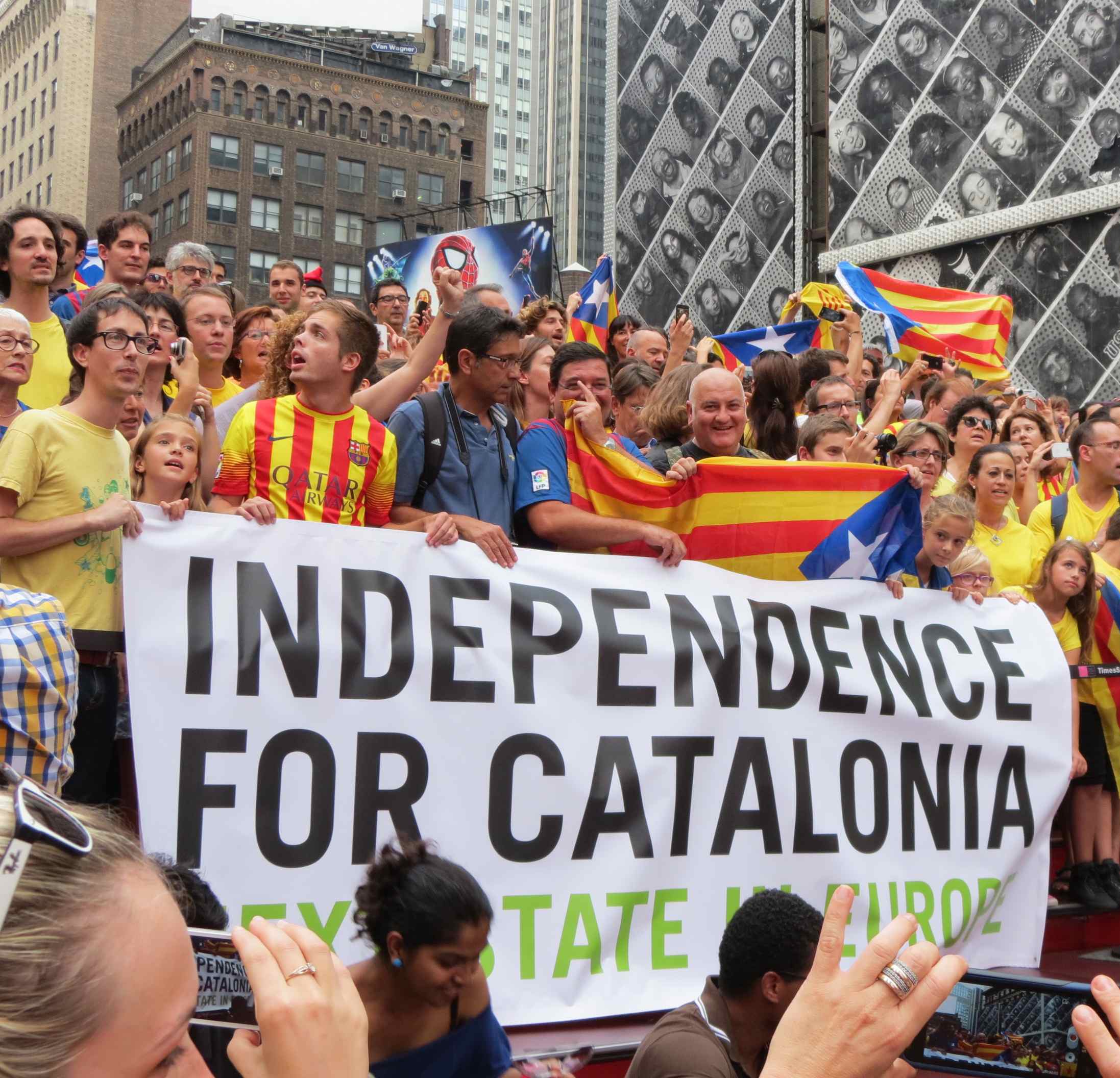On October 1, the Spain we know today, as well as the EU, could see a major shake-up. The Government of Catalonia- which is the wealthiest state in Spain and home to cities such as Barcelona- plans to vote on whether or not to become an independent state, severing their ties with the Spanish government for the time being. The Spanish government has stated more than once that such an act is unconstitutional, and that they will do what they can in order to block such a referendum. The Catalan government, led by Carles Puidgemont, has promised to go ahead with it anyway, despite Spain’s threats that should the referendum plans continue, they will lose budgetary powers, which would effectively cut off all funding for the vote, as well as police efforts in seizing ballot boxes and voting sheets.
The region, which shares a border with France, has a long history of economic irritation, with many claims for independence grounded in the fact that Catalonia doesn’t receive nearly as much money as they give to the Spanish government. In 2012, the then-President of Catalonia, Artur Mas, claimed that the difference between what they sent and what they received was around 20 billion dollars against. Joan Maria Pique, the international press secretary for President Puidgemont, has stated that fiscal relations have not improved. Tie that in with perceived unfair political treatment, as Pique has stated in the past, and you have a recipe for a discontent state.
First and foremost, I believe that the referendum should take place, with or without Spain’s consent, should it come to that. Many people want the vote. If the majority of the population of Catalonia decides that they want to stay in Spain, then the question is answered. Should Catalonia secede, however, then either the Spanish government can accept that, or they can renegotiate certain aspects of government and economic influence in the region, which prompted this referendum in the first place.
Economically, Catalonia could support itself. Barcelona is the most prosperous port in Spain. Their GDP in 2016 was 223 billion Euros, the highest of any region in Spain. This would put them with the 17th
highest GDP in Europe for 2016, behind Finland and ahead of Portugal. Politically, Catalonia has its own government, and its own population. It has territory that it calls its own- Catalonia, of course. There are certainly enough people who want the vote to happen. However, the people will vote yes or no is in the dark for now.
It would be important for Spain to renegotiate ties with Catalonia after October 1st. Whether or not the referendum is held, it is important to look back and attempt to understand what exactly brought Catalonia to this point. Why was this referendum held? What fueled these cries for independence? Clearly, something isn’t working. Whether it be economical, political, or any other reason, it is up to both Spain and Catalonia to figure out what is best for both of them. That being said, I know that I will be watching the situation closely, as this will have consequences for not only Catalonia and Spain, but the rest of Europe and the EU.



